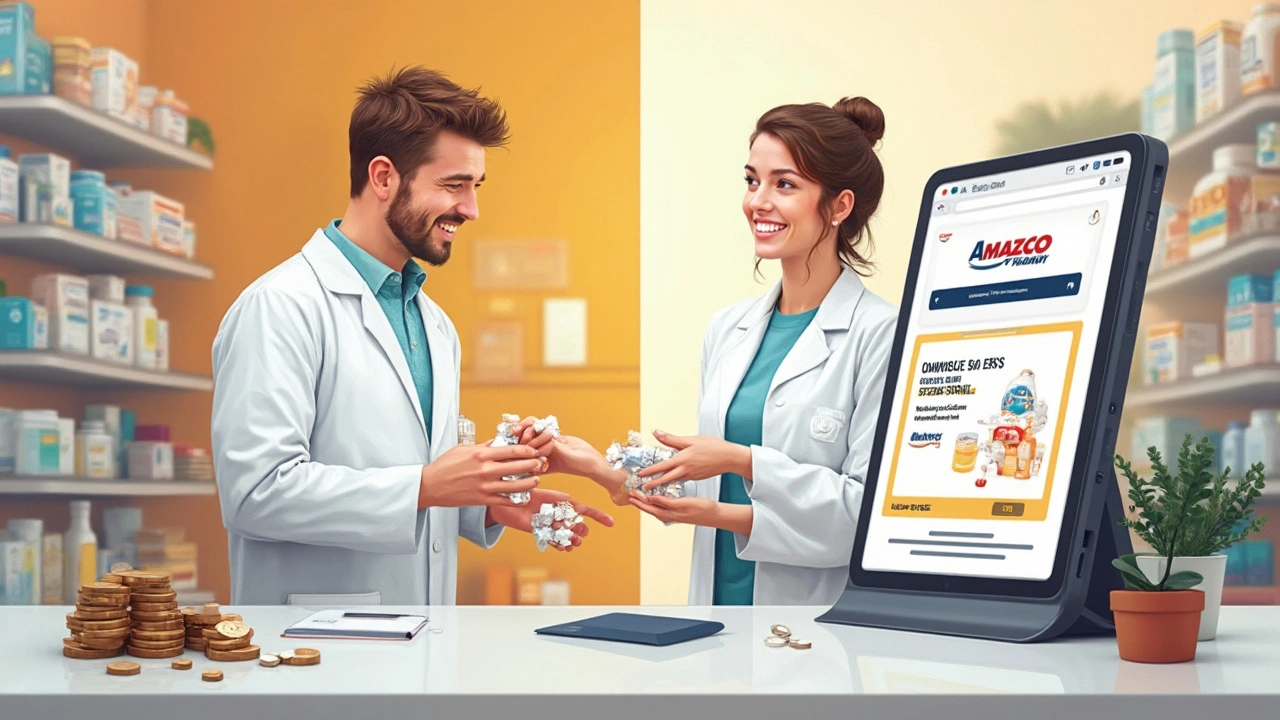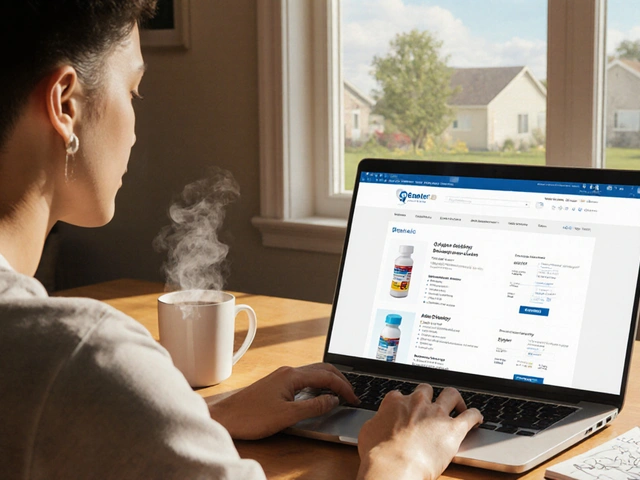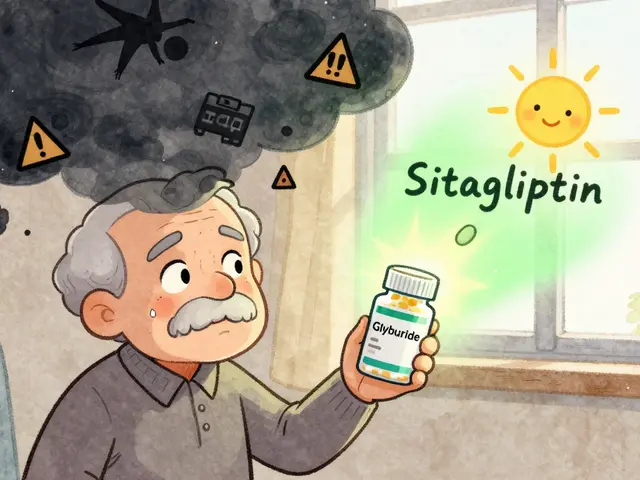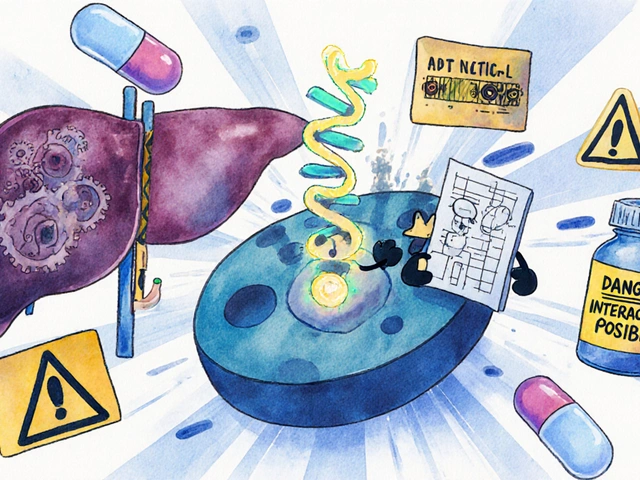The Surge of Prescription Membership Clubs: What’s the Real Deal?
Walk through any high street in Bristol, and you’ll spot offers plastered over windows: "Save on your scripts! Membership needed." The pitch is tempting. For a set annual fee, join a big-name club like Costco or Amazon Prime, flash your card or log in, and supposedly pocket serious savings on prescription meds. But is it all as clear-cut as it looks?
Membership clubs boomed across the pond for everything from rotisserie chickens to 48-packs of loo roll, and now they’re dipping into pharmacy savings. Major players – we’re looking at American giants like Costco and Amazon Pharmacy, as well as UK’s Superdrug Plus and Boots Advantage Card – promise better prices, access, and sometimes even next-day deliveries. For some, especially those on multiple meds or without robust NHS coverage, the idea is catchy: join and immediately save. But let’s not sugarcoat it — the sticker price can hide a lot of small print.
Take Costco — in the UK, you need both a warehouse membership (about £33.60 annually for an individual) and, in many cases, a business connection. Their in-house pharmacy sells meds, but actual prescription discounts can swing wildly. For generic pills like atorvastatin, can you save a tenner? Maybe, but once you factor in membership, parking, travel, and impulse spending on bulk snacks, the savings shrink. As for Amazon, their "Prime" subscription gives US customers med discounts, but in the UK, things are muddy. Some Amazon Pharmacy offers exist, but Prime primarily unlocks faster delivery rather than big pharmacy price cuts. And let's not forget: medicine prices in the UK are already tightly regulated compared to the US, so the headline savings may not be as eye-catching here.
There’s also a divide in who benefits. If you're on multiple long-term prescriptions and would pay for next-day convenience anyway, a club can occasionally pay off. But if you’re managing one-off antibiotics or only pop into the chemist once or twice a year, the maths are different. Weekly shoppers – often families or older adults managing chronic conditions – see more benefit, especially if they spread the membership perks across groceries, fuel, and other household needs. Young, healthy folks? Probably not worth it.
Marketing loves to tout those “up to 80% savings on selected meds” banners. Check those figures, though. They commonly compare against the full private pay price, not the NHS’s capped prescription charge (currently £9.90 per item in England). In Scotland, Wales, and Northern Ireland, most NHS prescriptions are already free! So unless you’re buying private prescriptions, niche treatments, or cosmetic items not covered by the NHS, cash savings can be modest.
Breaking Down Costs: What You Really Pay For
If only the math was simple. The reality is, many people join membership clubs hoping to recoup the fee quickly thanks to big discounts, but the numbers tell a different story. First, let’s talk membership itself. Costco’s pharmacy can be open to non-members for NHS prescriptions in the UK, but those special member-only prices, if available, require you to be up-to-date with your annual fee. Amazon Prime is £8.99 a month (or around £95 a year), with no direct prescription savings in many cases for UK users, at least as of spring 2025.
Now, suppose you’re eyeing a pricey prescription item not covered by the NHS — maybe a newer migraine drug or a travel vaccine. By the time you pay the membership cost and shipping, are you still ahead? Here’s where spreadsheets help. Run the numbers: compare what you’d pay at a local community pharmacy, an online pharmacy, and the membership giants. Sometimes smaller chains or local shops offer competitive discounts with no membership fee at all. For the prescription regulars out there — say, someone filling three or four repeats a month — the savings can add up, if the club prices truly are lower per item, but for the average person, not so much.
Hidden fees catch people out, too. Some clubs bundle delivery benefits that are great for groceries but not so much for scripts — if every prescription comes with an added delivery cost, that needs to go in your calculation. Insurance cover matters as well. Some memberships pair with cash plans or discount cards, but they’re rarely the main act — and the small print can force you to use only certain brands or suppliers. The choice and pricing of meds like antihistamines, statins, or HRT products vary between clubs, making it hard to generalise on any "best club to join."
Of course, if you’re buying for a family or pooling purchases with others — a common trick among savvy Bristolians — your savings can multiply. Group memberships, especially at places like Costco, can mean discounts on everything from eye tests to over-the-counter vitamins, as well as prescriptions. For solo shoppers who don’t buy bulk, a membership fee is often dead weight. And let's not ignore opportunity costs: if you’re trekking out to the edge of town for the privilege of using a membership pharmacy, that’s time and travel money you could spend elsewhere.
What about security and privacy? That’s another cost few talk about. Clubs that process prescriptions hold sensitive health and payment info — are they as watertight as local NHS outlets? Reviews swing both ways, but it’s good to probe how clubs handle your data.

Comparing Clubs: Costco, Amazon, and the Local Pharmacy Alternative
The big question: do Costco or Amazon consistently beat a well-run local pharmacy or reputable online chemist for prescription prices in the UK? Honestly, it depends wildly on the medication, the club, and whether you’re buying for one or a whole household.
Your local independent pharmacy might not have the glitz of a superstore, but often offers competitive private prices. For example, surveys done last autumn in Bristol found that for common private prescriptions — say, amoxicillin or the contraceptive pill — independents undercut the big clubs once you excluded membership fees. Plus, staff in small shops give that home-grown advice you won’t get from a chatbot.
Online pharmacies add another twist. NHS services like Pharmacy2U or LloydsDirect deliver your scripts at no extra cost, with no annual payment, to any address nationwide. Many let you manage repeats, schedule reminders, and ask questions, without a club card in sight. Others operate as private prescribers, sometimes offering bundle deals or discounts. The competition here is fierce, especially post-pandemic when home delivery became the norm for so many of us. Fancy additional savings? Most online services now have handy comparison tables right on their checkout pages, so you can match their price with a club offer before you commit.
Let’s get granular with an example:
| Medication | Boots (private) | Costco (member price) | Local Pharmacy | Amazon Pharmacy |
|---|---|---|---|---|
| Atorvastatin 10mg (28 tablets) | £8.50 | £7.90 | £7.75 | £8.30 |
| Levothyroxine 50mcg (28 tablets) | £6.00 | £5.80 | £6.50 | £6.99 |
Not exactly earth-shattering differences, right? When you pop a membership fee on top, local options start to look more attractive, especially if you’re not filling multiple scripts each month. And these numbers fluctuate based on region, availability, and whether you’re accessing NHS pricing (almost always the best if you qualify).
One very overlooked trick: combination discount sites. You know the big-name app in the US, GoodRx, which helps American patients hunt down pharmacy deals. Well, there are GoodRx similar platforms for UK users too, giving you instant price checks without having to buy a club membership at all. This is especially smart for people managing rarer prescriptions or for those in small towns with fewer pharmacy choices. Run your scripts through these platforms before paying any annual fee — odds are, you’ll uncover deals clubs aren't shouting about.
And if convenience is your thing? Amazon’s quick delivery is unbeatable for household supplies, but when it comes to prescription meds in the UK, delivery speed is not dramatically faster or more reliable than standard online chemists, many of which now offer next-day delivery on most scripts for free, or a tiny extra charge.
No Club Card Necessary: Insider Tips to Maximise Prescription Savings
Luckily, you don’t need to flash a shiny card (or shell out annual fees) to get sharp savings on scripts in the UK. Most people never hear these tips at the pharmacy counter, but they work. First, always ask your doctor or the pharmacist if the drug you need is available as a generic. Generics are required to meet the same standards as brand-name drugs, and the NHS pushes hard for their use — especially when the price gap is huge. For private prescriptions, generics can mean saving £10 or more per item, even before any club perks.
Look into the NHS Prescription Prepayment Certificate (PPC) if you’re on more than two scripts a month. For £114.50 a year (2025 price), you pay nothing more for as many NHS prescriptions as you need. For most long-term users, this undercuts every membership fee-plus-discount deal out there. The certificate is easy to buy online, no club membership needed, and works at every pharmacy in England. Scottish, Welsh, and Northern Irish patients don’t even need this — scripts are already covered by the state, so don’t fall for club-based savings pitches if you live outside England.
Explore online pharmacy repeat schemes. Boots, Lloyds, Superdrug, Well Pharmacy, and dozens of others now manage repeats online and deliver to your door, many at the price of a bus ticket — or nothing at all. Compare before you commit; in some cases, free sign-up offers, discount codes, or staff advice beat any club price.
- If you buy private prescriptions (perhaps for travel, specialist meds, or lifestyle drugs), use those price-comparison platforms discussed earlier. Deals vary month-to-month, so don’t get locked into a club based on a single script price.
- Build relationships with local independent pharmacies. These folks can often match (or better) club prices if you ask, especially for ongoing scripts.
- Don’t assume you have to buy 30 tablets at once. For many medicines, buying larger or smaller packs changes the unit price – some clubs actually charge more for smaller packs.
- Check employer, union, or student benefits. Sometimes workplace schemes throw in prescription perks, making club membership unnecessary.
And remember, the value of personal service isn’t just a feel-good bonus; pharmacists have caught script mix-ups, flagged dangerous interactions, and saved people money with smart substitutions that algorithms can’t spot. Clubs are efficient, but they’re not personal. Don’t overlook the human touch, especially for complex medical needs.
The world of prescription savings is full of promises, price tags, and shifting deals. The clubs might work for some — frequent spenders, big families, or those with unique needs. But for most folk, there are easier, cheaper ways to keep your wallet healthy, no membership required.







Mary Cautionary
April 30, 2025 AT 01:06 AMThe commercialisation of pharmaceutical access, epitomised by membership clubs, reflects a broader neoliberal encroachment upon public health. By imposing an annual fee, entities such as Costco and Amazon effectively monetise a service traditionally subsidised by the NHS. For an individual whose prescription burden is modest, the marginal cost of membership outweighs any nominal discount on a single script. Moreover, the ancillary expenses-transport, parking, ancillary purchases-compound the financial calculus unfavourably. In regions where the NHS prepayment certificate is available, the cost–benefit analysis tilts decidedly against such clubs. Consequently, discerning consumers should scrutinise the aggregate outlay rather than succumb to ostentatious marketing rhetoric.
Crystal Newgen
April 30, 2025 AT 02:13 AMFor most folks the NHS pre‑payment certificate already offers the best value, so a club membership rarely adds anything worthwhile.
Hannah Dawson
April 30, 2025 AT 03:20 AMAnalyzing the disclosed price tables reveals that the differential between Costco’s member price and the local independent pharmacy seldom exceeds a few pence per tablet. When one aggregates the £33.60 annual warehouse fee with average travel costs of £5–£10 per visit, the breakeven point shifts to upwards of thirty scripts per month. This threshold is unattainable for the majority of patients, who typically fill one to three prescriptions monthly. Furthermore, the variance in drug pricing across brands and pack sizes introduces an additional layer of complexity that erodes any superficial savings claim. In essence, a superficial discount evaporates under rigorous cost accounting.
Julie Gray
April 30, 2025 AT 04:26 AMIt is prudent to recognise that pharmaceutical conglomerates and data‑harvesting behemoths have vested interests in steering consumers toward subscription models that consign health information to opaque repositories. The ostensibly innocuous “membership” façade masks a surveillance apparatus capable of cross‑referencing prescription histories with purchasing patterns, thereby facilitating targeted marketing campaigns. In an environment where the NHS ostensibly guarantees equitable access, the infiltration of private data silos represents an insidious subversion of public health integrity.
Lisa Emilie Ness
April 30, 2025 AT 05:33 AMData privacy is a serious issue for any health service
Emily Wagner
April 30, 2025 AT 06:40 AMWhen we contemplate the ontology of pharmaceutical economics, we encounter a dialectic between commodification and care. The lexicon of “savings” masks a deeper metaphysical tension between market forces and the intrinsic value of health. In practice, the subscription model acts as a heuristic device, simplifying the complex pricing matrix into a binary decision: pay the fee or forego the discount. Yet this binary is an illusion, as the underlying cost function incorporates variables such as dosage frequency, therapeutic class, and pharmacy procurement contracts. For patients engaged in polypharmacy, cumulative marginal savings per script can aggregate to a non‑trivial sum, albeit only after the subscription amortisation. Conversely, for monotherapy patients, the subscription fee becomes a sunk cost with negligible return on investment. The empirical literature suggests that the break‑even point often lies beyond the typical consumption pattern of the average adult in the UK. Moreover, the sociotechnical infrastructure of online pharmacies introduces network externalities that can either amplify or diminish price advantages, depending on algorithmic pricing engines. From a systems‑theoretic perspective, the feedback loop between membership incentives and prescribing behaviour may inadvertently influence clinical decision‑making, nudging prescribers toward formulary items with better discount structures. This raises ethical considerations about the autonomy of clinical judgment. Additionally, the opportunity cost of travel time to a warehouse cannot be discounted; each kilometre traversed translates into lost productivity, an intangible yet quantifiable metric. The NHS Prescription Prepayment Certificate, priced at £114.50 annually, offers an alternative equilibrium that circumvents the need for private club membership while delivering flat‑rate access to scripts. In regions where prescription charges are abolished, the marginal utility of any club‑based discount approaches zero. Therefore, a nuanced cost‑benefit analysis, incorporating both tangible and intangible variables, is essential before committing to a membership model. Ultimately, the decision hinges on personal health trajectories, financial elasticity, and the strategic value placed on convenience versus fiscal prudence.
Mark French
April 30, 2025 AT 07:46 AMi totally get the point you’re makng and i feel you on the travel cost thing – it’s a real pain even if you’re just trying to save a few quid.
Daylon Knight
April 30, 2025 AT 08:53 AMOh great, because nothing says “I love my meds” like shelling out extra cash for a club card you’ll barely use.